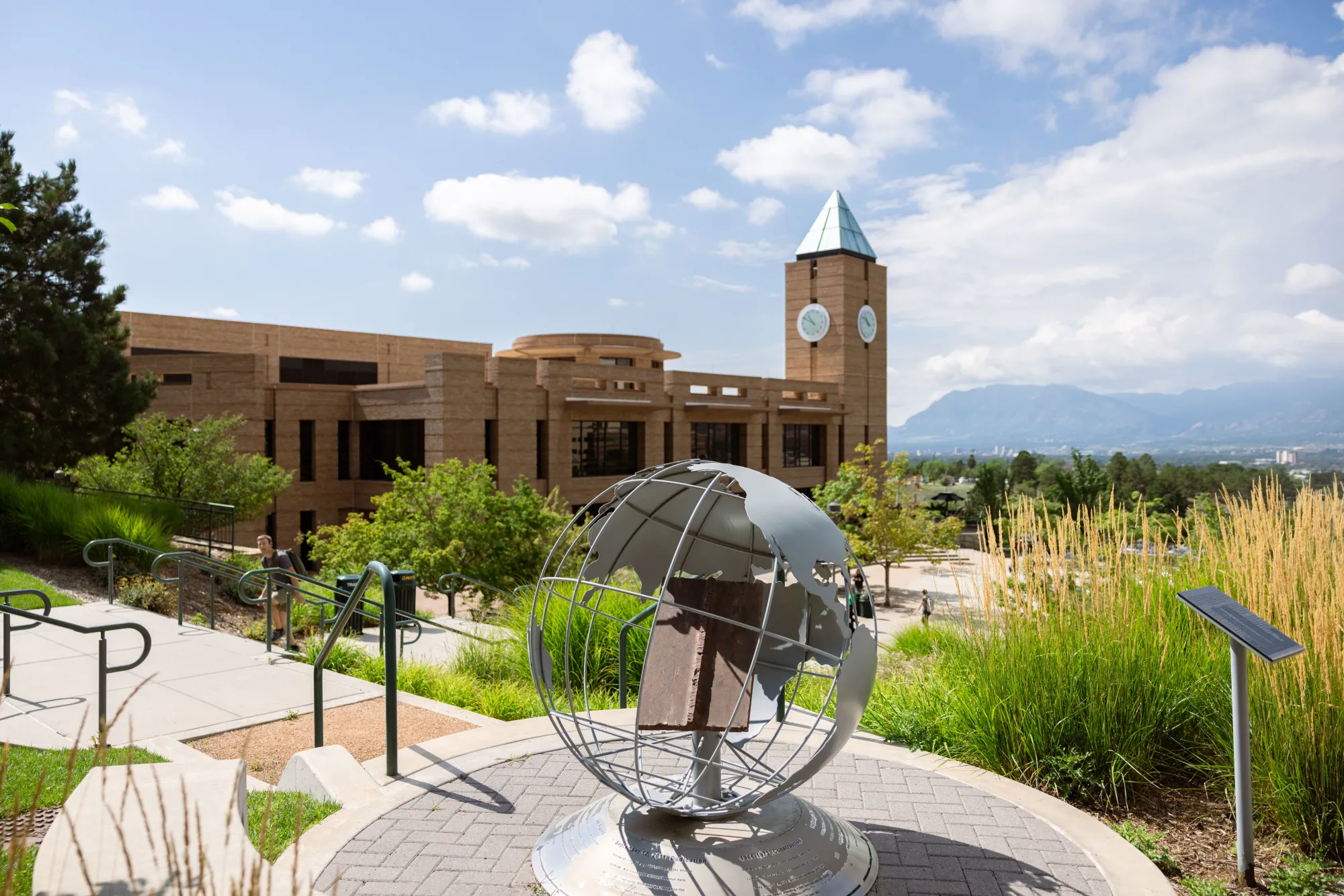
Geology
Undergraduate Minor- Program Delivery
- On Campus
- Total Credits
- 18 - 20 Credits
About the Geology Minor
The Geology Minor is designed to improve students’ understanding of geologic processes and how these processes fit into environmental issues. The program takes advantage of Colorado’s unique natural setting to allow students to deepen and expand their appreciation of nearly two billion years of geologic history. The minor is meant for students who would like to acquire a foundational knowledge of geology in addition to their major area of study. The requirements for the minor include 18-20 credit hours in the minor area, including a minimum of 11-12 upper-division hours.
Focus of Study
A minor in geology is a great launching point for a wide variety of careers, not just in the geological sciences, but in any field that requires critical and analytical thought about our interaction with the natural world. Having a background in Geology is important for environmental scientists and biologists that need to understand the role of the physical world in ecosystems. Energy scientists and urban planners need geology because every power source known today relies on geological resources. Astronomers and planetary scientists use geology to better understand observations of planets, moons, and other bodies both within and beyond our solar system. Geospatial analysts need to interpret and integrate geological and environmental data for many applications, especially those focused on climate change and natural resources. Even if you can’t find a connection between your career and geology now, we live in Colorado and geology will give you a deeper appreciation of our beautiful mountainous state.
One of the greatest aspects of the courses within the geology minor program at UCCS is the focus on experiential learning. All of the classes get you out in the field to complete hands-on learning in a variety of natural settings. Colorado Springs not only has a 1.8-billion-year history to explore, but also an assortment of natural hazards ranging from fire and floods to landslides for examination. Courses such as Geology of Colorado and the West and Historical Geology extensively use the natural laboratories provided by the Garden of the Gods and Red Rock Canyon Open Space parks to bring geology to life. Real world examples of the impacts of wildfires and landslides are studied through applied scientific methods that bring a greater understanding of the issues better than any text or in-class lecture can. The highlight of the minor is the completion of a capstone field course where students spend multiple consecutive days “digging” into the extensive geology on display throughout the area. If you are among the ranks of students that prefer learning by “doing” in the field rather than purely through books, please consider the geology minor program.
According to the U.S. Bureau of Labor Occupational Outlook report, the geoscientist field is projected to grow 5 percent from 2019 to 2029, which is faster than the average for all occupations. The report states the “need for energy, environmental protection, and responsible land and resource management is projected to spur demand for geoscientists.” The report specifically states that geoscientists will be in demand for discovering and developing sites for alternative energies, such as geothermal energy and wind energy. According to the report, the median annual wage for geoscientists was $92,580 in 2023. Last, here is a 2023 publication in Geosphere that discusses the skills BA level geoscientists need to enter the workforce.
Program Requirements
The Geology Minor is designed to improve students’ understanding of geologic processes and how these processes fit into environmental issues. The program takes advantage of Colorado’s unique natural setting to allow students to deepen and expand their appreciation of nearly two billion years of geologic history. The minor program is meant for students who would like to acquire a foundational knowledge of geology in addition to their major area of study.
A minimum of 18-20 credit hours is required for the minor, at least 11-12 of which must be upper-division (3000+ level).
All courses must be completed with a grade of C- or better.
Course / Area | Course Title | Credt Hours |
1000-level introductory courses | Required
Plus any one of the following courses:
| 7-8 |
Elective A | Complete two GEOL electives:
| 8 |
Elective B | Complete one additional elective, which may be another GEOL course listed above or one of the listed options below:
| 3-4 |
Total | 18 - 20 |